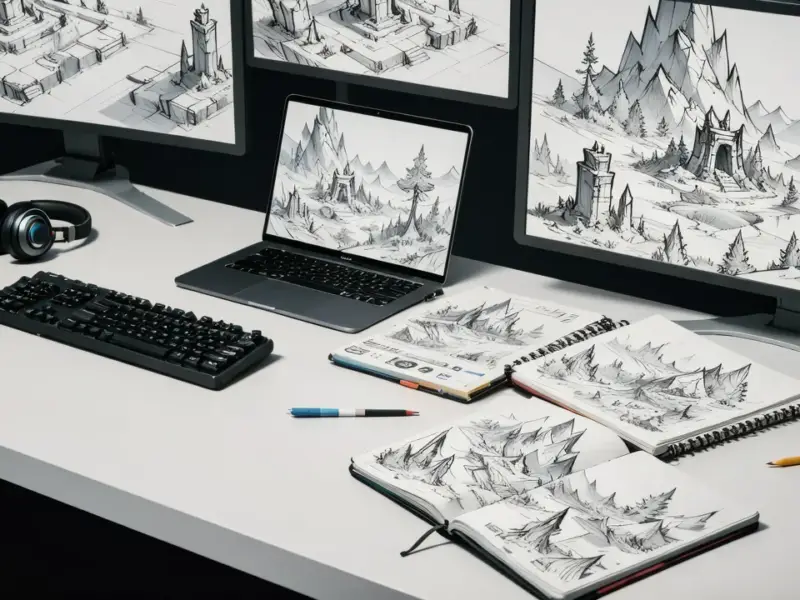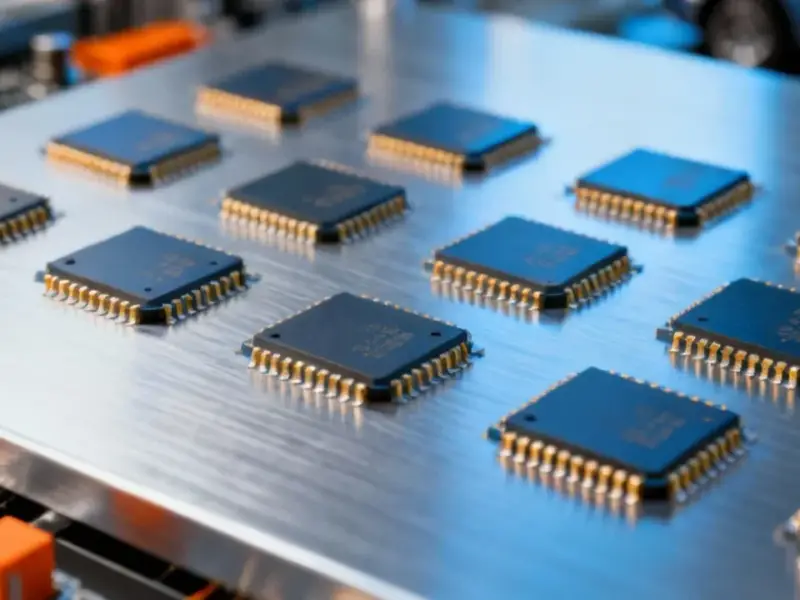According to GameSpot, Ubisoft associate game director Simon Lemay-Comtois is defending microtransactions in Assassin’s Creed Shadows, stating they’re crucial for funding post-launch content development. The executive specifically mentioned that optional purchases enable free updates including Isu content, quest additions, and parkour improvements. Assassin’s Creed Shadows recently received a major free update featuring an Attack on Titan crossover, new quest called The Puzzlement, and Corrupted Castles content. Meanwhile, the Assassin’s Creed series exceeded Ubisoft’s expectations last quarter, and Tencent’s $1.2 billion investment in Vantage Studios subsidiary is about to close. The company plans to reveal more about its new “Creative Houses” operating model in January 2026.
The microtransaction reality check
Here’s the thing about Ubisoft’s defense: they’re not wrong, but they’re not entirely right either. Microtransactions absolutely do fund ongoing development—that’s basic business math. But let’s be real, the gaming industry has normalized this model to the point where we’re now expected to thank companies for not charging us separately for basic improvements. Remember when games shipped complete and patches were just… fixes?
Everyone’s doing it, but should they?
Lemay-Comtois isn’t wrong that Assassin’s Creed isn’t operating in a vacuum. Look at Call of Duty’s crossover skins or Street Fighter 6’s character releases. Basically every major game now has this optional content economy. But here’s my question: when did “everyone’s doing it” become an acceptable defense for business practices? The competitive pressure to monetize every aspect of gaming has created this arms race where players are constantly navigating what’s included versus what’s extra.
The free content tradeoff
The recent Attack on Titan crossover and other free updates for Assassin’s Creed Shadows do represent genuine value. I’ll give Ubisoft that. They’re delivering substantial content without additional charges, and that’s increasingly rare in today’s gaming landscape. But there’s always a catch, isn’t there? These free updates help maintain player engagement, which in turn drives more microtransaction sales. It’s a symbiotic relationship that benefits both sides—as long as the balance remains fair.
Gaming at a crossroads
Ubisoft’s upcoming shift to “Creative Houses” in 2026 and that massive Tencent investment suggest we’re seeing the next evolution of game development funding. The industry is clearly betting big on live service models and ongoing monetization. But I worry we’re losing something in this transition. When every game becomes a platform for additional purchases, does that change how developers approach the core experience? Food for thought as we navigate these terms of service and privacy policy updates that inevitably accompany these business models.




